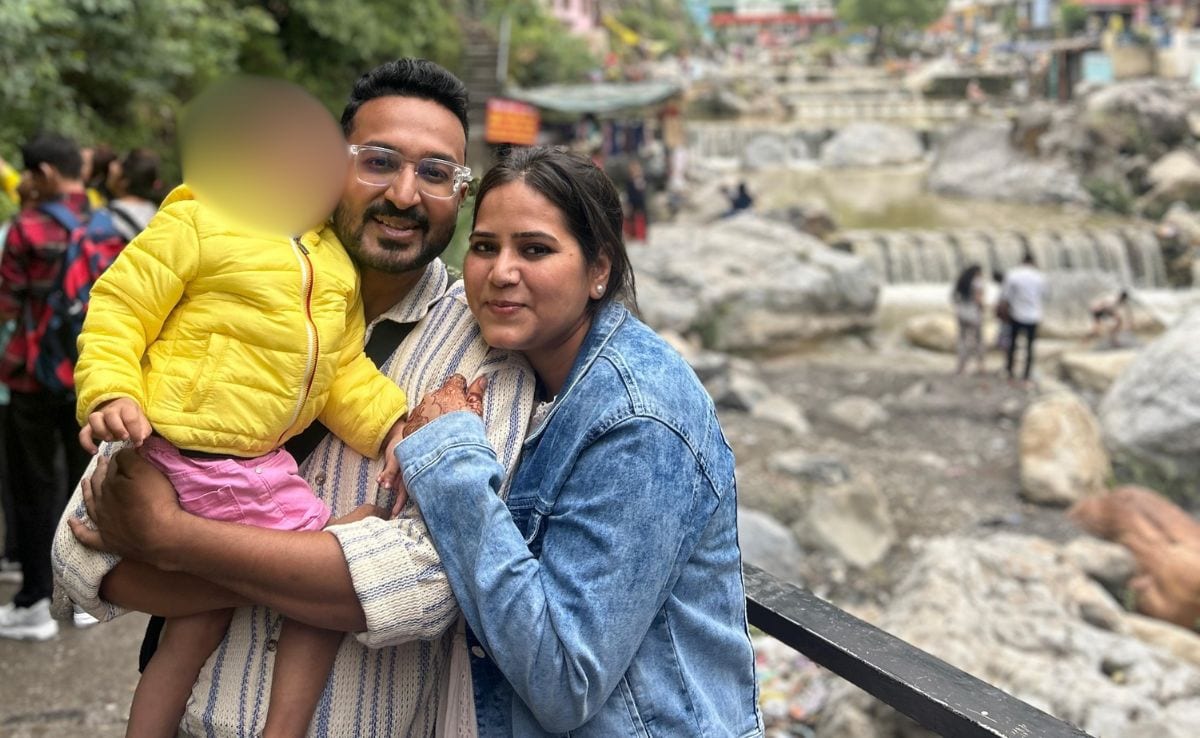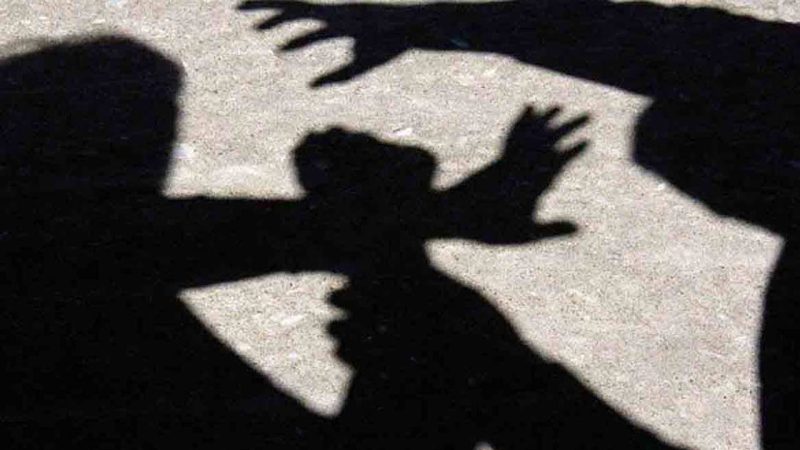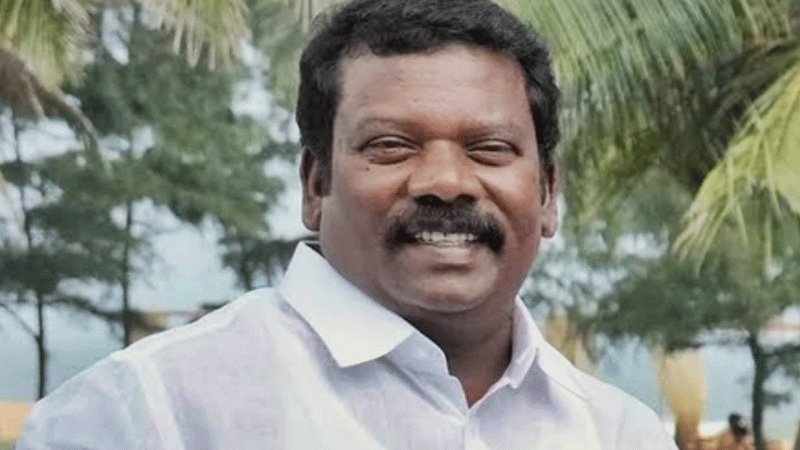Sick 3-Year-Old 'Fasts To Death' In Jain Ritual, Experts Raise Concerns

Bhopal:
At an age when most children are just beginning to speak in full sentences and discover the joys of childhood, three-year-old Viyana Jain from Indore was administered ‘Santhara’ – the Jain religious practice of voluntary fasting unto death – after being diagnosed with a terminal brain tumour.
What followed was a mix of religious rituals, spiritual convictions, and an irreversible decision – one that may have slipped under the radar of the law.
Viyana, the only child of IT professionals Piyush and Varsha Jain, was diagnosed with a brain tumour in December 2024. After undergoing treatment in Mumbai – including surgery – her condition reportedly deteriorated. By March this year, when all hope seemed lost, the family, devout followers of Jainism, turned to spiritual guidance.
On March 21, during a visit to spiritual leader Rajesh Muni Maharaj in Indore, the girl was administered ”Santhara” – a religious vow of renunciation leading to death, sanctified with mantras and rituals.
Her mother, Varsha Jain, said, “Gurudev inspired us and explained everything. With our consent, the ‘Santhara’ was done, and 10 minutes later, Viyana died.”
The death reportedly occurred in such a short time because the three-year-old was already very unwell.
Her father, Piyush Jain, said, “We didn’t go with the intent of getting her ‘Santhara’ done, but Guruji said her condition was serious and suggested it. Everyone in the family agreed.”
The incident surfaced recently after it was recorded in the Golden Book of World Records as the youngest person to take the vow of ‘Santhara’.

Whose Decision?
But the question that is now being asked is: Can a three-year-old truly understand what death means? And, if not, who has the right to make that choice for her?
“Viyana had religious understanding equivalent to that of a 50-year-old,” claimed Rajesh Muni Maharaj, under whose guidance over 100 people have reportedly taken the vow of ‘Santhara’.
Legal experts, however, have raised concerns.
Supreme Court Advocate Ritesh Agarwal said, “The decision of life and death of a minor is not even with the parents. This raises a serious legal and constitutional question: Can ‘Santhara’ be administered in the case of a minor who cannot legally or emotionally comprehend death?”
“Article 25 grants freedom of religion, but not above the law. Even religious practices cannot override a minor’s legal right to life,” he added.
Legal Questions
‘Santhara’, or Sallekhana, is a centuries-old Jain tradition regarded by its followers as a sacred exit – an act of supreme renunciation taken consciously when death is imminent and the body fails to support spiritual pursuit.
In August 2015, the Rajasthan High Court ruled ‘Santhara’ illegal, equating it to suicide under Section 306 of the Indian Penal Code. But the order was stayed by the Supreme Court the following month after nationwide protests by the Jain community.
Yet, crucially, none of these rulings have addressed the scenario of a minor taking ‘Santhara’.
Indian law also allows passive euthanasia, but under rare and regulated circumstances – only with court approval, clear medical justification, and adult consent.
Police In The Dark
Indore Police say they were not informed about the incident.
“We have no record of this ‘Santhara’. No one informed the local police station or administration,” confirmed Additional Deputy Commissioner of Police Rajesh Dandotiya.






